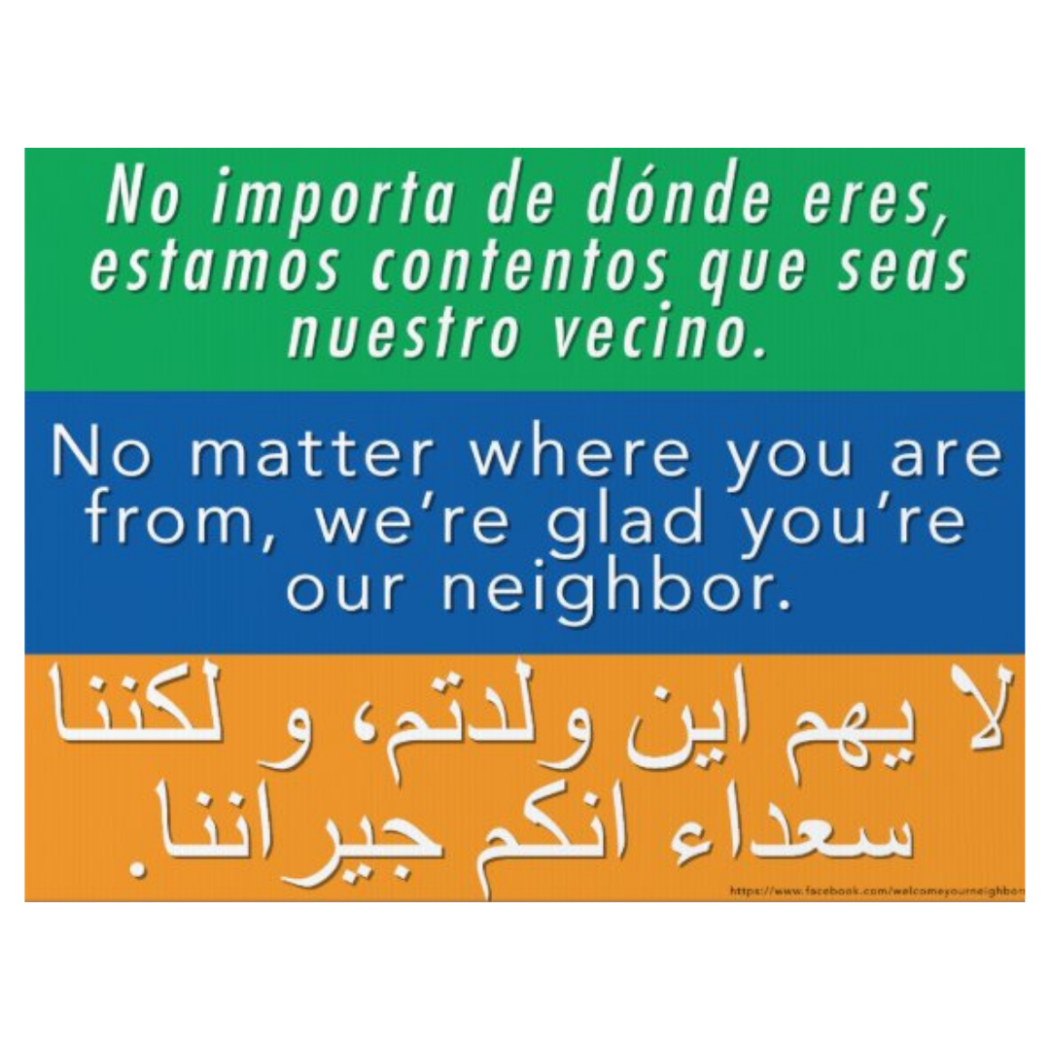 My RBG car magnet is in the mail. I wear my “Run with Ruth” t-shirt when I head out to walk. My yard is so full of political signs that it looks like one of those intersections where everybody running for office plunks down a sign.
My RBG car magnet is in the mail. I wear my “Run with Ruth” t-shirt when I head out to walk. My yard is so full of political signs that it looks like one of those intersections where everybody running for office plunks down a sign.
We’re having sign wars in my neighborhood, which leans so far in one direction that it could be campaign headquarters for the party with only a remote office. Here, new folks have moved into two side-by-side houses, and they’ve posted signs for the opposite party. One day, signs for their presidential choice disappeared from both yards. Had the neighbors come to their senses? Had the signs been stolen by other well-meaning but slightly-intolerant neighbors?
But, alas, two weeks later, both signs were back up. One neighbor, walking her dog past the house, said, “I’m so disappointed. I thought they were such nice people.”
I’ve never been able to display signs in years past, because I live with someone whose job has required objectivity—or at least perceived objectivity. We posted our first sign in June—“Take a Stand. Say No To Racism,” it reads, in bold black, white, and red lettering. Shortly afterward, the second sign took prominent position in the side yard: “In this house, we believe. . .” it begins, followed by a list of ideas we support with all our hearts, such as “Black Lives Matter,” “Science is Real,” and “Love is Love.” It ends with the wonderful phrase, “In this world, where you can be anything you want, be kind.”
It speaks for me. It describes me. It defines me. And I’m willing to wear it, externally, like a fashionable coat or a pair of Vans.
People post and don’t post signs for a variety of reasons, and many people have none for the same reason we didn’t for so long—expectations of a job or family. But it also, I’ve come to realize, takes a special kind of courage to put your beliefs on display for all to see.
My neighbor, admiring our signs, wanted some for herself until her child, nine-years-old, said, “Don’t do it, Mom. I’m afraid somebody will shoot us.”
Sadly, it has come to that—children, and many adults, have been made afraid to express who they are because of a divisive—and violent—society.
“This is who I am,” the signs say. “This is what I believe.” You’ll make enemies. You’ll make friends.
We wear who we are on t-shirts advertising vacation spots, breweries, slogans of various kinds. We wear visible clothing logos—the Polo player, the rhinoceros, the whale, the checkmark. When I was a little girl, my father, who worked in a sportswear plant, brought home little alligators we could sew on all our shirts to look like the expensive brand of alligator. Only catch—the alligators he brought home were facing in the opposite direction. “Who will notice?” he asked. “Everybody,” said my brother. I thought it was hilarious.
My mother used to shake her finger and say, “Fools’ names and fools’ faces always seen in public places.” She discouraged me and my siblings from defacing public property with scratched-on initials or names or, god forbid, phone numbers. She was saying more than that, though. She was telling us to not wear our hearts on our sleeves, to not be brash and open and public with who we were, with our presence in the world.
I’m still not going to carve my initials on a tree or deface public property with my Sharpie scribbles. But when we sign a petition—consider our country’s founders when they scripted their names on the Declaration of Independence, laying their lives and the lives of their families on the line for their beliefs—we are saying for all to hear, “This is who I am. This is what I believe.” We’ll make enemies. We’ll make friends.
Silence might be golden, depending on the circumstances, but it can also be the most dangerous action we can choose. Remember those who sat in silence while Hitler and the Nazi party killed six million Jews. Remember Peter who denied Jesus three times. Remember those who stand by and watch injustices happen over and over and over—crime, domestic violence, child abuse, and more.
In this era of voices shouting over voices and no one being heard, the first step to saying “This is what I believe” is to put your name on something, to put something on your name. It can begin with a sign. It can begin with a sticker, a magnet, a t-shirt.
It can’t be the end. It must be followed by action.
But it’s the place to start, by stepping out and saying, “I care.” You’ll make enemies. You’ll make friends. You’ll find your own voice beginning to grow stronger, beginning to change the world.
Barbara Presnell lives and writes in Lexington and teaches in Charlotte.


There are no comments
Add yours